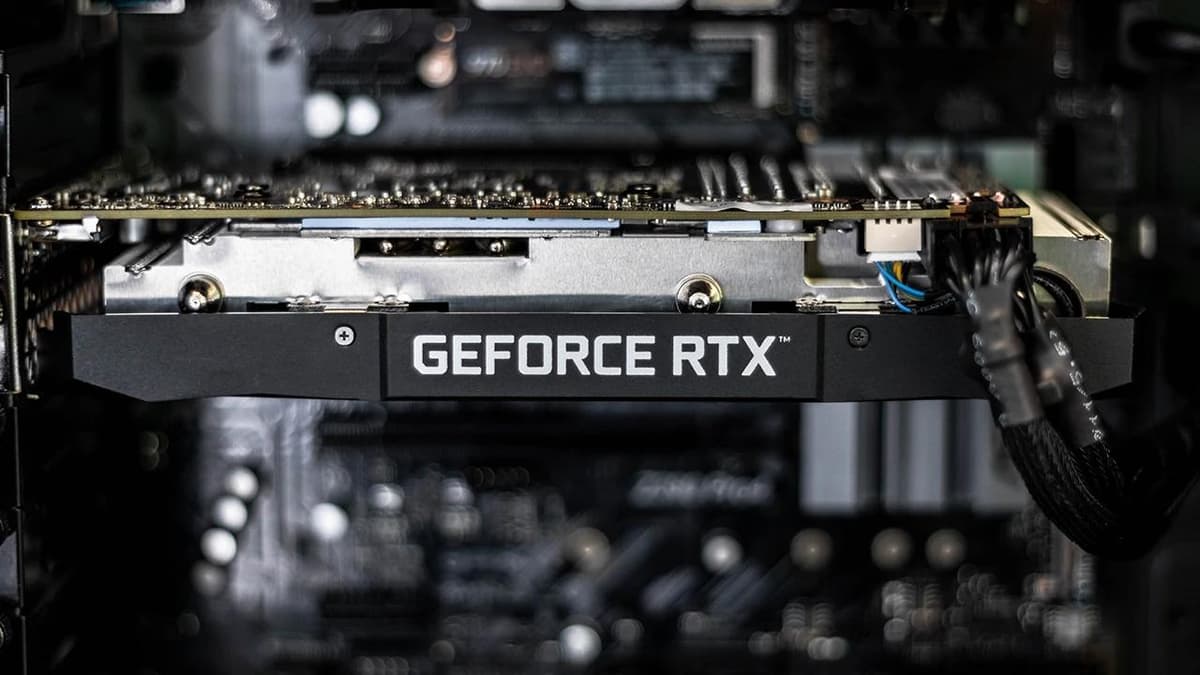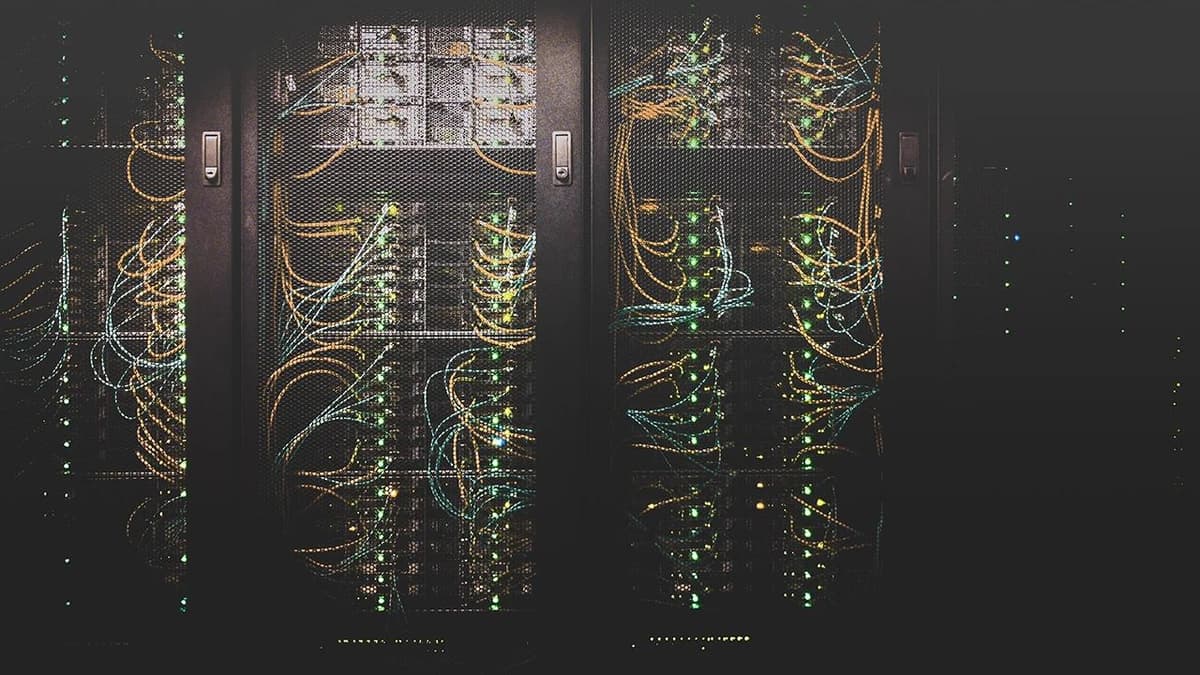What is a GPU Machine?
A Graphics Processing Unit (GPU) machine is vital in computing applications that require high graphics rendering, machine learning, video editing, and gaming. GPUs are specialized processors designed to efficiently handle complex graphics tasks. This article outlines GPU machines, their functionalities, advantages, and real-world applications.
Understanding the GPU Machine
A GPU machine is a computer system that incorporates a powerful GPU as a key component. Unlike a Central Processing Unit (CPU), which handles general-purpose tasks, a GPU is optimized for parallel processing and graphics computations. This makes GPUs suitable for high-performance computing and extensive graphical operations.
A typical GPU machine includes a graphics card with the GPU chip and dedicated RAM for heavy graphics loads. These machines are commonly found in gaming desktop PCs, video editing workstations, and even in mobile devices and game consoles.
The Advantages of GPU Machines
1. Enhanced Graphics Performance
GPU machines deliver exceptional graphics performance. They excel at rendering complex 2D and 3D graphics, providing smooth visuals in video games, simulations, and virtual reality applications. The parallel processing capabilities of GPUs allow them to manage multiple data-intensive tasks at once, resulting in faster and more immersive experiences.
2. Accelerated Machine Learning
GPUs have become crucial in machine learning. Their architecture enables efficient training of deep neural networks essential for various AI applications. GPUs can process large datasets simultaneously, significantly reducing training time. This efficiency has made GPU machines vital tools for researchers and data scientists working on complex AI projects.
3. Video Editing and Rendering
Video editing and rendering require substantial computational power to process high-definition footage, apply effects, and export final products. GPU machines with powerful graphics cards excel in these tasks, enabling smooth previews and reducing rendering times. Video editing professionals utilize GPU-accelerated software for faster and more efficient workflows.
4. High-Performance Computing
GPU machines are widely used in high-performance computing (HPC) applications, which require massive computational power. Tasks such as scientific simulations, weather forecasting, financial modeling, and data analytics benefit from the parallel processing capabilities of GPUs. These machines process large datasets in parallel, leading to quicker results and improved efficiency.
Real-World Applications
The versatility of GPU machines has led to their use in a variety of applications. Here are some examples:
1. Gaming
GPU machines are essential in the gaming industry. They enable the rendering of realistic graphics, smooth gameplay, and immersive experiences. Gamers invest in high-performance GPU machines to enjoy the latest games at their full potential.
2. Artificial Intelligence
The field of AI relies on GPU machines for training and executing complex neural networks. Applications include computer vision, natural language processing, and speech recognition. GPU-accelerated models have transformed the AI landscape.
3. Video Production
Professional video production requires robust GPU machines for editing, compositing, and rendering. Their computational power allows for real-time previews, quick export times, and efficient workflows.
4. Scientific Research
Scientific projects benefit from the parallel processing capabilities of GPU machines. They are used for simulating complex physical phenomena, analyzing large datasets, and conducting simulations in fields like astrophysics and molecular dynamics, allowing scientists to accelerate their research.












